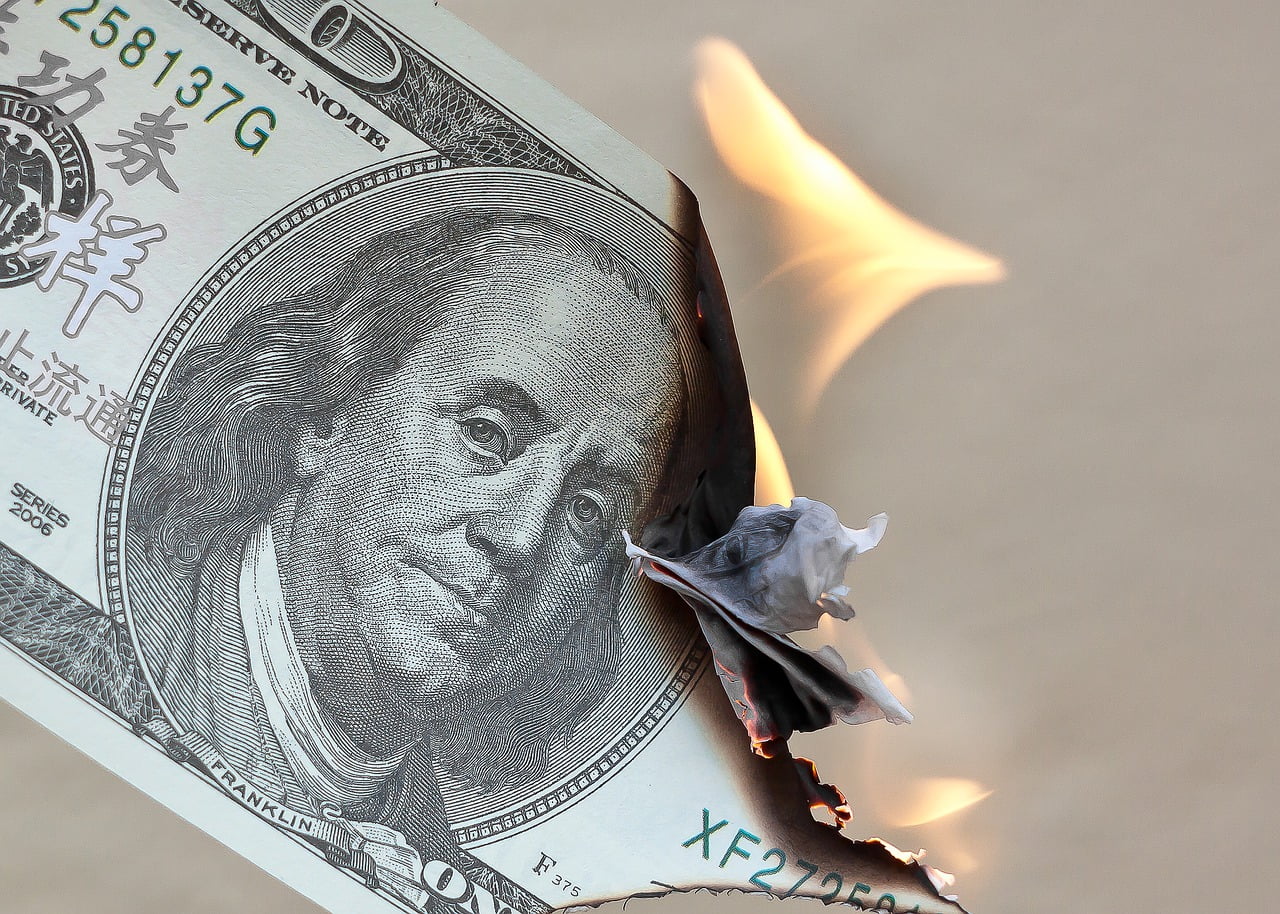U.S. inflation reached a whopping 7.9% in February, the highest in almost four decades. At this stage, several causes have been weighed from different political fronts, but government spending is the main culprit, according to a new study by the Federal Reserve Bank of San Francisco.
U.S. Inflation Causes
As reported by Fox Business, researchers at the financial institution assert that government spending during the COVID-19 pandemic is the main reason behind the record inflation.
Q4 2021 hedge fund letters, conferences and more
The government’s spending agenda has included a massive $6 trillion in relief measures to dampen the economic effect of supply chain issues, lockdowns, and unemployment, all related to the Covid health crisis.
Out of this amount, lawmakers approved $4.1 trillion under former President Donald Trump’s term and $2 trillion under the administration of President Joe Biden.
Almost $4 trillion was destined for emergency spending and related to two pieces of legislation, the CARES Act in March 2020, and the American Rescue Plan a year later.
The remaining amount was allocated to the Response and Relief Act (December 2020), Families First Coronavirus Response Act (March 2020), and the Paycheck Protection Program and Health Care Enhancement Act (April 2020), Fox Business reports.
Increased Spending
The Covid-related spending by the government is unprecedented. President Barack Obama approved a relief package to relieve the 2008 financial crisis that is almost half the size of the American Rescue Plan from March 2021.
Despite the bigger proportion, the San Francisco Fed analysts warned that the country would have been at a greater risk of entering a profound recession, had the government not implemented such an excessive spending program.
“Without these spending measures, the economy might have tipped into outright deflation and slower economic growth, the consequences of which would have been harder to manage,” they asserted.
Core inflation in OECD countries such as Canada, France, Germany, and the U.K., grew at a slower pace than the same U.S. inflation, where it went from 2% in early 2021 to over 5% by the end of the year —a multi-decade record rate.
The two crucial spending acts according to the Fed economists were the CARES Act and the American Rescue Plan, which, “resulted in an unprecedented injection of direct assistance with a relatively short duration. In contrast, real disposable personal income for our OECD sample increased only moderately during the pandemic.”






